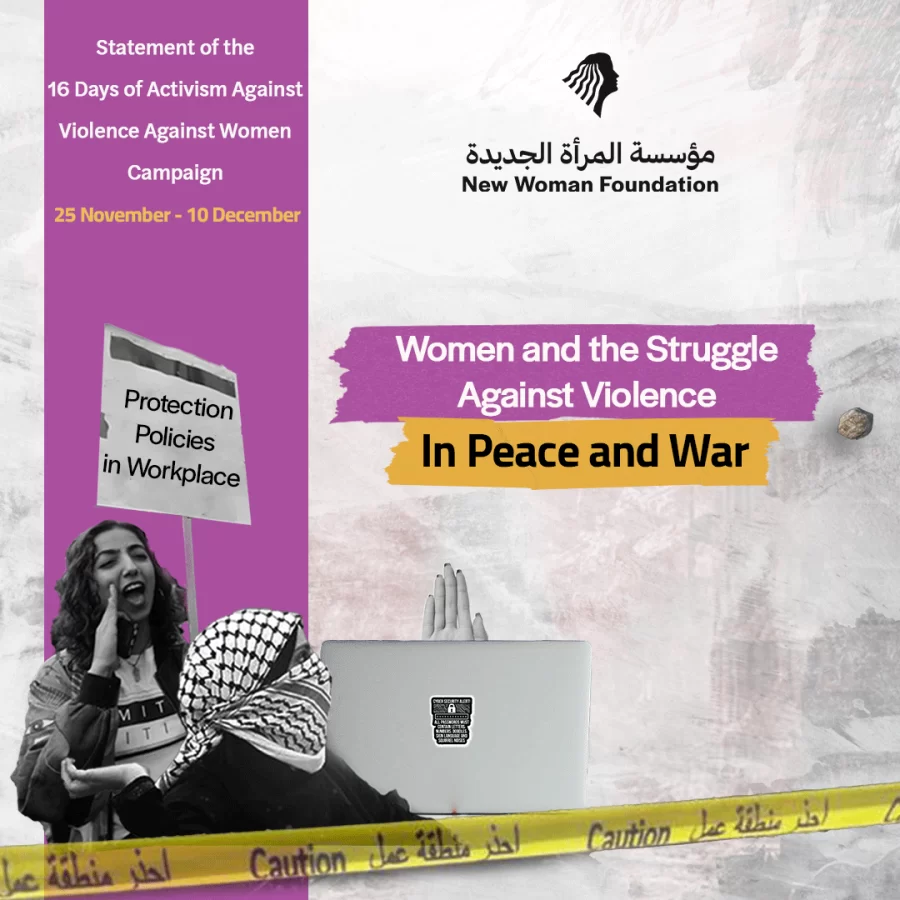- Contact Us
- 0020233382706
- nwrc@nwrcegypt.org
Suspects implicated in assault on Coptic Minya woman referred to trial
Stopping the Female Genital Mutilation Vicious Circle
February 15, 2017Nadia Abdou Becomes Egypt’s First Ever Female Governor
February 20, 2017Three men implicated in the May 2015 assault on an elderly Coptic woman in the village of Karm in Minya were indicted on Wednesday when a judge accepted the petition of the victim’s lawyer, Ihab Ramzy.
The move comes as an about face after the Minya prosecutor responsible for the case decided in January to close investigations without issuing an indictment in the assault on Soad Thabet, having cited a lack of evidence necessary to proceed. The violence in Minya featured an attack on seven Coptic families, severe damage and financial losses and saw Thabet stripped of her clothes and dragged through the street. It is believed to have been precipitated by rumors that Thabet’s son, a Coptic Christian, was in a relationship with a Muslim woman.
“The prosecution relied on rumors of a love affair between the Muslim woman and a Coptic man as the cause of all of the sectarian violence, ignoring all evidence concerning Thabet’s assault,” Ramzy told Mada Masr in January, addressing the decision to close the case.
While the investigations into the criminal charges in the assault of Thabet were closed in January, those suspected of property damage were referred to a criminal court in a separate case in October.
The attack on the elderly woman prompted angry reactions nationwide, with President Abdel Fattah al-Sisi issuing a public apology to Thabet and pledging to ascertain those responsible for the attack.
Ramzy told Mada Masr that the defendants were released after the prosecutor closed the case in January, and that the court will decide at the yet scheduled first court hearing whether they should be remanded in custody.
Minya has been a common site of sectarian conflict in recent years, with an Egyptian Initiative for Personal Rights (EIPR) report issued last year stating that there have been 77 incidents of sectarian violence since January 2011.
The state has rarely intervened in issues of sectarian violence, which have frequently been addressed through customary reconciliation sessions between the conflicting parties and religious leaders from both sides under state supervision. The EIPR study asserts that such sessions usually lead to violating citizenship rights and often enhance discriminatory practices against Coptic minorities.
By : Mada Masr




